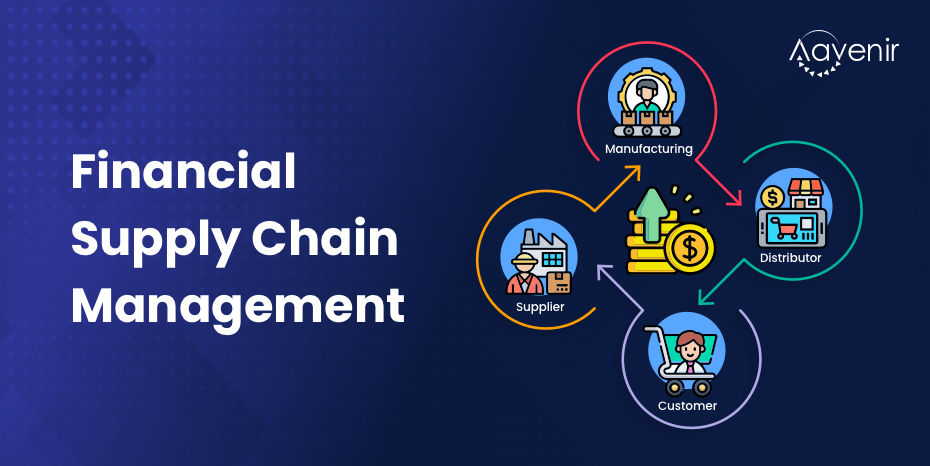What is Financial Supply Chain Management?- Definition
Financial supply chain management (FSCM) is the practice of looking at all your financial processes at the holistic level, rather than viewing them as individual processes. It’s the end-to-end process that involves the procure-to-pay cycle, working capital management, and the order-to-cash cycle business processes.

Understanding Financial Supply Chain Management
“Financial supply chain” refers to the monetary transactions that occur between trading partners that facilitate the purchase, production, and sale of goods and services. Companies tend to allocate considerable resources to managing their physical supply chain, often at the expense of their financial supply chain. The disconnect between these interrelated supply chains can have severe consequences on a company’s working capital, and at times can threaten its very existence.
The financial supply chain provides the cash flow needed to ensure the doors are kept open, the lights are kept on, the employees are being paid and products are being made and shipped.
The concept of Financial Supply Chain Management stems from the introduction of supply chain financing programs from the financing institution with new forms of payable processes and payment terms among business partners. The financial services provided by large participants and external financial providers help in increasing supply chain efficiency, as a whole, while remaining competitive. It essentially minimizes the complexity of payable processes via open accounts and in the meanwhile allows small participants to benefit from large participants’ optimal credit ratings to reduce their costs of capital. Overall it improves short-term liquidity in the value chain and consolidates long-term supplier-buyer relationships.
Importance of Financial Supply Chain Management
The cost of finance, insurance and transactions usually account for approximately 5% of the cost of the unit price. Therefore, the organizations have to improve their management of the end-to-end financial supply chain. There are two reasons that create a receptive climate for Financial Supply Chain Management in organizations.
The first reason is the improved network technology that leads to improved visibility through the physical supply chain.
The other reason is the deep understanding of the end-to-end processes and the cooperation inside and outside the organization.
The real challenge for finance, treasury and banks is to convince businesses that improvements in financial supply-chain processes will result in a lower cost of goods sold, higher productivity and better management information.
Explore Additional Resources to Know More

Blog
Steps that can help organizations align procurement and accounts payable processes using AI and workflow-enabled solutions like Aavenir Invoiceflow.

On-demand Webinar
Discover how the Accounts Payable team can process thousands of invoices in minutes and track payments to foster vendor relationships.


